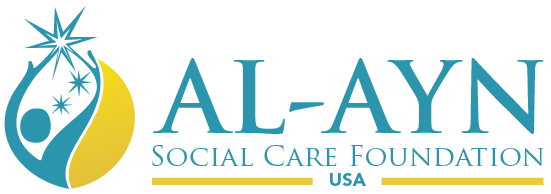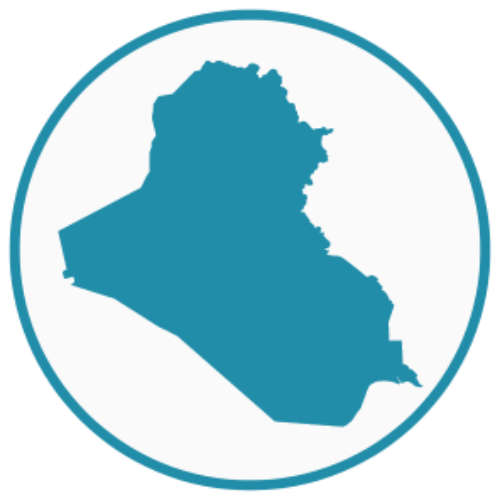Iraq
Over 98,000 orphaned children are receiving comprehensive care in addition to monthly financial support in Iraq.
 Donate
Donate
Surplus
Deductions
Total amount subject to Khums $0
Khums Due $0
Sahm al Imam to be paid $0
Sahm al Sada to be paid $0
Al-Ayn is a registered 501(c)(3) charity and as such all donations through Al-Ayn are tax deductible. Learn how charitable giving can reduce your tax burden while supporting orphaned children through Al-Ayn.


Our year end tax receipt can consolidate all of your generous donations to Al-Ayn throughout the year for an easy calculation of your annual charitable tax deduction. Maximize your giving with matching gifts programs from your employer.
By providing children with the resources they need, we can unlock their infinite potential, lift them out of poverty, and enable them to lead better lives. Every child deserves equal opportunities to learn, explore, and believe in the endless possibilities of their future.

Over 98,000 orphaned children are receiving comprehensive care in addition to monthly financial support in Iraq.

Over 600 orphaned children in Afghanistan and Ghana are registered with Al-Ayn, receiving monthly financial aid to lift them out of poverty.
A tax deduction is an expense or amount that can be subtracted from your total income, reducing the taxable income on which you are required to pay taxes.
Expenses like mortgage interest, medical expenses, and charitable donations are common deductions. The types of deductions vary by country and tax laws.
Tax deductions lower your taxable income, which in turn decreases the amount of taxes you owe. The actual tax savings depend on your tax rate.
You typically need receipts, records, or documentation to support your deductions, especially for expenses and donations. Requirements vary by deduction and tax laws. Al-Ayn provides receipts with every donation and you can also obtain an annual receipt with all of your donations here.
Yes, tax deduction rules and regulations differ from one country to another. It’s essential to understand your specific country’s tax laws.
Seek advice from a tax professional, research tax laws, and keep accurate records of your expenses and donations to maximize your deductions.